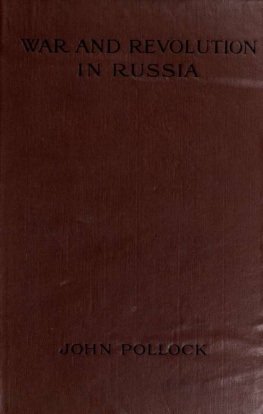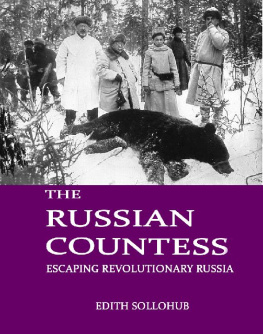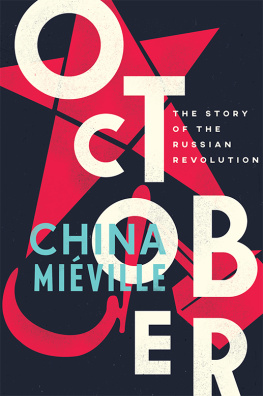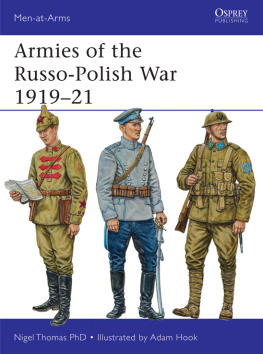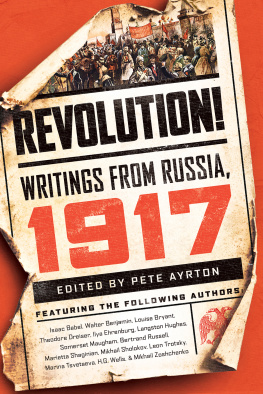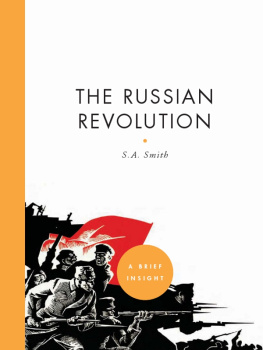This book made available by the Internet Archive.
y
TO
C. F. KEARY
IN FRIENDSHIP AND ADMIRATION
EXPLANATORY LETTER
My Dear Keary,
To one coming from the north, the bazaar at Ekateri-nodar, where I have been marketing, is a dream of indescribable gorgeousness. Here are no shimmering silks, or many-patterned Persian carpets, or stalls stacked with priceless gems ; this is not the East, nor is the land of the Don Cossacks stored with ancient treasure. But such riches of the soil brought together, heaped upon the cobbles, spreading over carts and booths and streets in endless waves of colour the eye could hardly see elsewhere but here. Row upon row of melons, cantelupes and water melons, melons ribbed and melons smooth skinned, back in the sunshine, fill the hot air with their luscious scent; from end to end of two hundred yards loops of onions swing lazily, while under them a fortune of cabbages display their mild charms, their tender virgin green unviolated by hand of grocer ; and here is a riot of tomatoes that smile at you in outrageous profusion, and there waggons brimming with potatoes ; eggs enough to make a score of snowmen, and again young mountains of small cucumbers, such as are not known in England, beloved of Russians, clamouring to be eaten. And flour, fine rice from Turkestan, and fat egg plants scarcely contained in their purple skins, the drowsy sunflower with a 2 vii
viii War and Revolution in Russia
whose seed Russia drugs herself, and grapes and maize and coffee, and cream and honey, until eye and nostril are drunk with the wealth spread before them, and you wonder that there can be want in a world where such bounty is flung by nature into the lap of man.
At night when the bazaar is closed and a faery cloak enfolds the town, carpeting it with music, turning the poplars to cypresses and the wooden church half hidden by them to a Roman shrine of marble, I wonder indeed if the world can be at war when this end of Russia seems so remote from it. Yet when I tried to buy a tin-kettle, there was none in the town ; nor is any tea to be had ; and I know that those same melons which in Ekateri-nodar cost at their largest thirty kopeks sell in Petro-grad for twenty roubles and more. The potatoes that in the bazaar are ten kopeks a pound are unobtainable at eight times the price in the capital. For want of the corn that here bursts from the ground the armies on two of the Russian fronts are in danger of starving. This is Russia, a land of plenty and a land of want, a land of high ideals and of many shortcomings, of nobility and of shamelessness, a land where Socialists bawl that the State must control everything, and where soldiers crippled in the defence of their country are reduced to beg their bread in the streets.
For an enemy of Russia to write about her now would be easy. For a friend it is hard. Russia is sick, smitten with a dangerous disease, and it behoves her friends to think and speak of her as they would of one they love, whose mind is under a cloud. The simile is not exact; for the greater part of Russia's best minds, almost the whole indeed of those formerly known as the
" intelligentsia," members of the learned professions, civil servants, men of letters, officers, all in fact who have had education and are now miscalled in a lump the " bourgeoisie," are under no delusion, but are keenly aware of the nature and causes of their country's complaint.
One who wished for a type of Russia's best intellect might take as his choice the late Professor Maxim Kovalevsky. Like all men, he had weaknesses : perhaps a shade too much cynicism in his appreciation of the world, a slightly too ready welcome for every plan that on the whole recommended itself without a thorough examination of its details, but a man of mark, a large man in every sense, as even his opponents said. As a reward for liberal views he was driven in youth from Russia by the autocracy and thus learnt to know many languages and peoples ; was possessed till the end of his life of wits so lively that his talk was a perpetual delight; and, indeed, would find a point of irony to season any subject however solemn. His gift of brilliant generalisation was never used without revealing a basis of solid thought beneath ; but he used it so easily and so freely that it did not seem, as with some good talkers, a performance, but a natural flow of the man's ideas. But the most characteristic was his spacious geniality, an expansion and concentration, if the two may exist together, of a quality peculiarly Russian, which nothing to my taste describes so well as the slightly old-fashioned word, affability. Above all else, the Russian of the educated class is affable. Should you wish, you need never be for five minutes without company when travelling or in a public place ; and the company is
x War and Revolution in Russia
almost always pleasant and often interesting. Yet there is a delicacy and an inborn restraint towards strangers. Do you desire silence, everyone will respect your wish, and you may journey from end to end of Russia many times without once witnessing the dreadful intrusions upon privacy that awaited the traveller in the first train he entered in Germany. In this respect Russians are neither frigid nor fulsome ; nor are they aggressive or haughty, as we are apt to be ; and it would be hard to find pleasanter companions than the three you may meet any day in a Russian second-class carriage, who have never met before and do not expect to meet again, and part without inquiring so much as one another's names. Qualities that are indeed much needed in times when, as now, the regulation four in a carriage becomes six, or sometimes eight, or ten ; yet, for all the Russians' usual excitability, it is the rarest thing to see bad temper or churlishness even in these trying conditions. You can see more during five minutes on a tramcar in Petrograd or Moscow, and it is noticeable that the row is nearly always started by someone of the lower class.
When "The School for Scandal " was about to be produced in Petrograd, Kovalevsky said : " It will not have success. My countrymen have not lived through the eighteenth century." I have found this pregnant saying a key to many puzzles. Talent and wide interests are so common among Russians that we are apt to forget that the nation is without many of the large experiences that go to make the Western world. Russia, for instance, has not known the Reformation and the Renaissance, the wars of religion, the Risorgimento,
and the French Revolution only by its backwash. Until sixty years ago Russia was a country of slaves whose persons could be sold with or apart from the land of their owners, spurred to progress by the devoted efforts of an infinitesimal educated class, that, without inheriting the traditions of the West, imbibed its teachings with the eagerness of men long denied the light. The children of those who saw the emancipation did not allow for the slowness of upward growth, and many believed until the events of the last few months that the system of government only needed to be changed for the nation to spring at a bound into the level path of unchecked achievement. One of their best representatives recently said to a patriotic lady who had worked in the revolution of 1905 that the." intelligentsia " were themselves to blame for the baleful influence at the present crisis of the extreme Socialists, for they had before refused to be satisfied with moderate gains from the autocracy, but had wished for complete triumph at a stroke. It is not a reproach to say that Russians lack experience in constructive statesmanship : with the madness that characterises weak despotisms their rulers took infinite pains to prevent them from acquiring it, and efforts that might have left an invaluable legacy of political wisdom ended m exile, Siberia, or death. The formula of a French economist : " Tout se paye, rien n'est gratuit" is equally true in politics. The absence of healthy organisation of opinion was the logical result of the brutal prohibition of its expression during many years, and the cause of an uncertainty of aim and of a welter of ideals spawned by the revolution, reminiscent of the outburst of experi*

